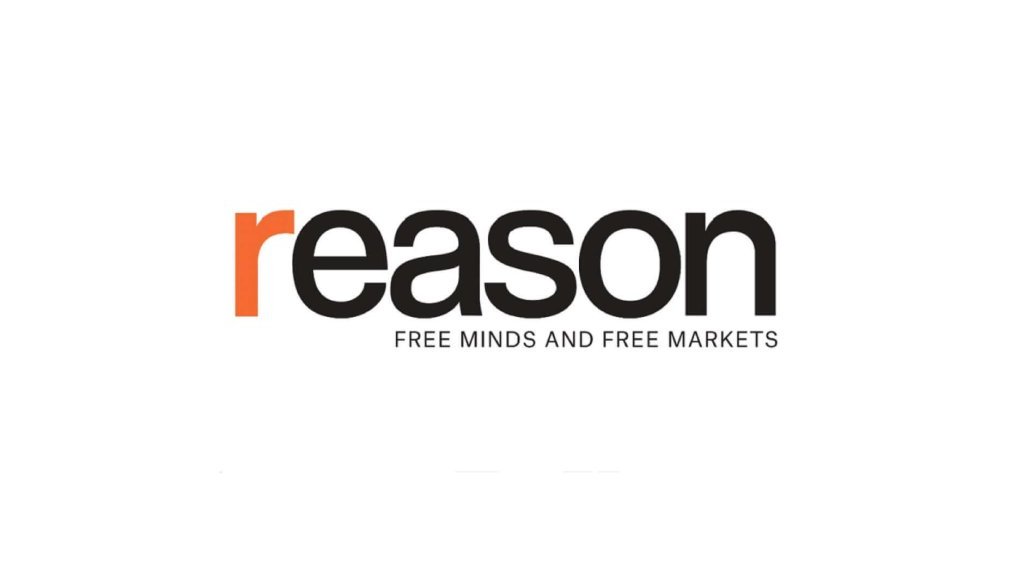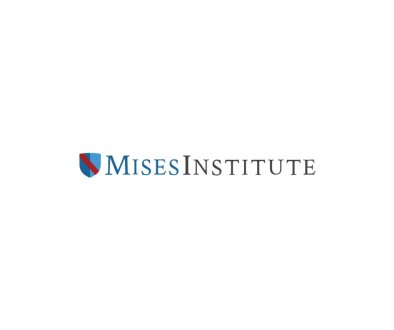The Promise and Pitfalls of Justice Barrett’s Skrmetti Concurrence
I really, really wanted to like Justice Barrett’s concurrence in Skrmetti. Indeed, my initial reaction was optimistic. But after spending forty-eight hours with the opinion, Skrmetti reinforced all of my concerns about Justice Barrett: she is still a scholar trying to approach the law like a law review article, and advance theories without awareness of the practical consequences. To rebut the predictable response, Justice Thomas erred by joining this opinion. Maybe he did so to give his embattled colleague some cover. But I think he will come to regret this vote.
Let’s walk through it.
First, Justice Barrett has built her reputation on not deciding issues that are not necessary to decide. Restraint is the name of the game. If so, why did she write this concurrence? The Roberts majority opinion settled the issued on narrow grounds. (And Justice Alito thinks those grounds were contrived.) Barrett does not explain why she addressed whether “transgender status constitutes a suspect class.” And if she is willing to resolve this question that is not presented, why did she decline to resolve countless other questions that she thought were not presented? We have no answer. Maybe she will tell us why in her book.
Second, Part I of the opinion provides a readable digest of the Court’s Equal Protection Clause jurisprudence. This is Professor Barrett at her best. She is very good at explaining doctrine. Part II explains why transgender people are not a suspect class. This section is largely right, until the penultimate sentence:
To be sure, an individual law “‘inexplicable by anything but animus'” is unconstitutional. Trump v. Hawaii, 585 U. S. 667, 706 (2018).
Trump v. Hawaii was decided on the final day of Justice Kennedy’s tenure. Animus was a constant theme throughout his cases, including Romer, Lawrence, Windsor, and Obergefell. I was confident that the discussion of animus in Hawaii was done at the insistence of Justice Kennedy to secure his fifth vote. In Skrmetti, Chief Justice Roberts’s majority opinion mentions animus only in passing. Yet Justice Barrett made this the key limitation on her decision.
Here, ACB is reanimating perhaps the worst facet of Justice Kennedy’s jurisprudence. What does animus mean? As Windsor and Obergefell would explain, animus includes moral disapproval: disapproval based on the morality of gays and lesbians was evidence of animus. And look at the language: “inexplicable by anything but animus.” There does not need to be evidence of actual animus. Rather, it is enough that animus is the only possible explanation based on the consequences–this is some sort of disparate impact analysis. Courts can discern animus from the ether. Hawaii used the concept of animus in an unusual Establishment Clause context. But Barrett has now imported that standard back into the Equal Protection Clause.
Why would she do this? I have been celebrating how Justice Kennedy’s jurisprudence was (rightly) consigned to the ash heap of history. As Randy and I edit the next edition of the casebook, we are trimming all of the Kennedy decisions. But now Justice Barrett has brought “animus” back to life. Does she realize what she did here? Or was this just a law professor trying to draw analogies and make sense of doctrine? I just don’t think she sees these things. Or worse, if she does see these things, and does it anyway, then we should be really worried.
Third, Justice Barrett attempts to devel
Article from Reason.com

The Reason Magazine website is a go-to destination for libertarians seeking cogent analysis, investigative reporting, and thought-provoking commentary. Championing the principles of individual freedom, limited government, and free markets, the site offers a diverse range of articles, videos, and podcasts that challenge conventional wisdom and advocate for libertarian solutions. Whether you’re interested in politics, culture, or technology, Reason provides a unique lens that prioritizes liberty and rational discourse. It’s an essential resource for those who value critical thinking and nuanced debate in the pursuit of a freer society.




